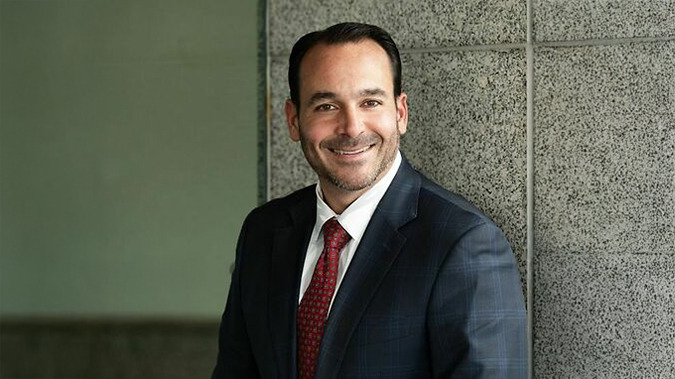
Picture this: An employee tells her supervisor that she is being sexually harassed, but says, “Please don’t report it to management. I don’t want to get anyone in trouble. I just want you to know about it.”
Would your supervisor know what to do?
Any HR attorney will tell you that once that manager knows sexual harassment has occurred, he or she has a duty to report it and the company would have to begin a formal complaint process. If you’re smart, you have a solid anti-harassment policy in your employee handbook that spells out how to do this, and specifically addresses sexual harassment.
But as attorney Michael Shadiack of Connell Foley explained at today’s Hands on Handbook Workshop, if your managers don’t know what their role is, it doesn’t do much good. In fact, making sure your managers and supervisors are trained and know what’s in your handbook could be the most important part of developing or updating one.
“I would say it is worth the effort, investment and time to sit down with your managers and supervisors and go through the handbook with them,” he said.
Managers are the ones on the front line, which means they are going to be the contact point between your employees and your workplace policies, not just for sexual harassment, but everything else as well. A well-constructed handbook can prevent a lot of legal problems for employers, but only if the policies are clearly communicated and enforced consistently for all employees, Shadiack said.
“An employee may retain a lawyer and seek to sue the company,” Shadiack said. “If you have a clear policy that addresses anti-harassment; if you have a complaint procedure; you conducted workplace harassment prevention training; and the employee never comes forward to report it, the company would have an affirmative defense to a lawsuit the employee may bring seeking to hold the company vicariously liability or negligent.”
If, however, your manager in the above scenario honors the employee’s request to remain silent and does not report the issue to HR or upper management, he or she could expose your company to liability for a sexual harassment claim, and may be personally liable under New Jersey law, Shadiack said.
“Make sure your managers and supervisors understand what their obligations are.” Protect yourself and your company - conduct workplace harassment prevention training.




